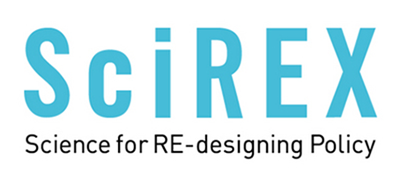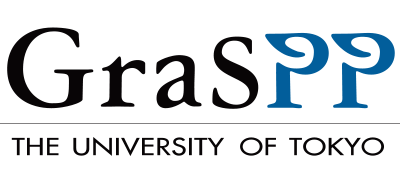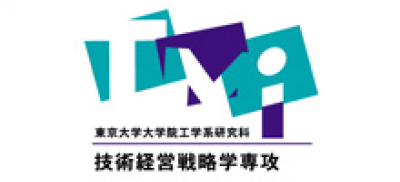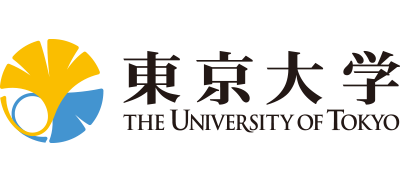Education Work
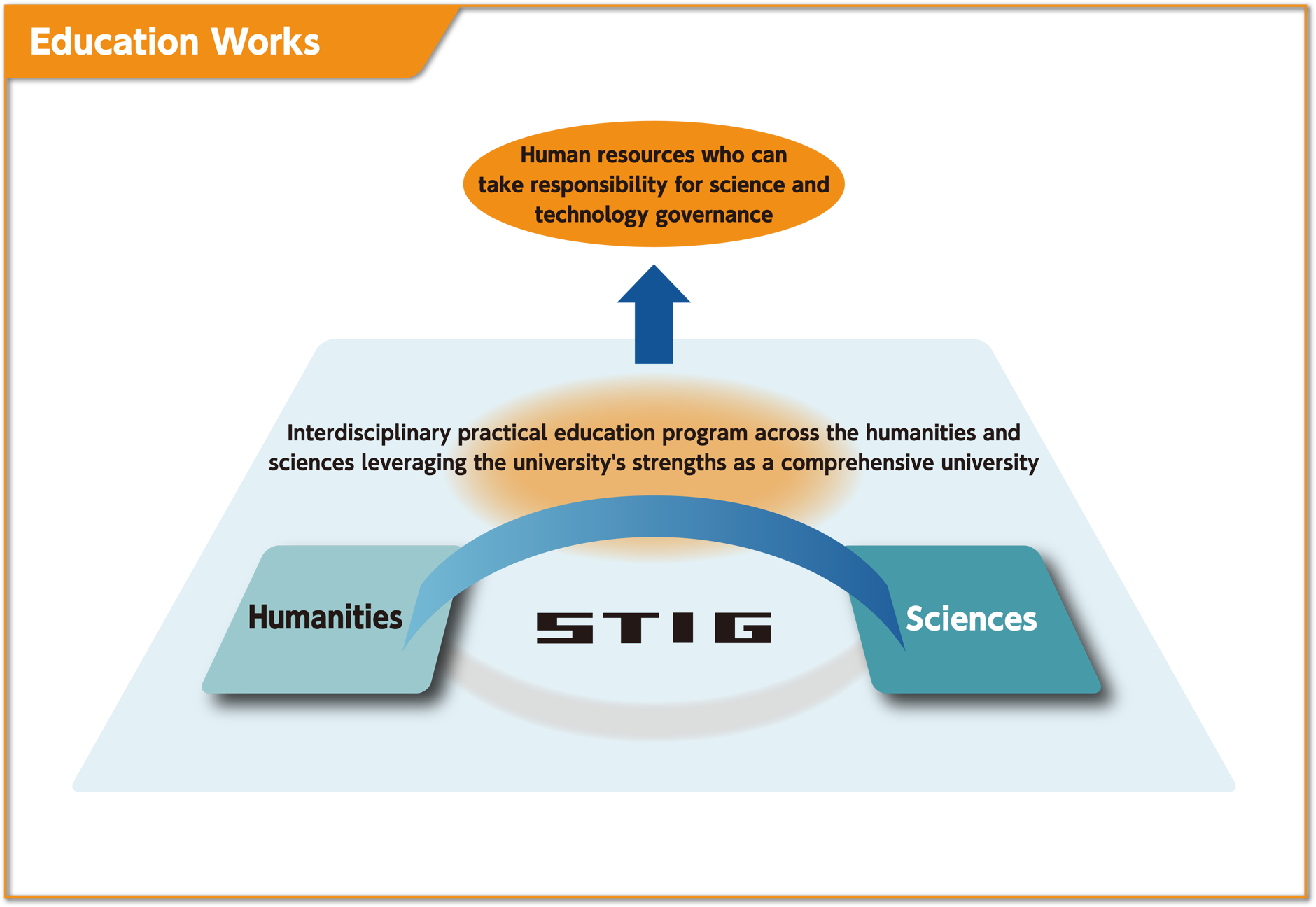
STIG Education Program
- Interdisciplinary practical education program across the humanities and sciences leveraging the University of Tokyo’s strengths as a comprehensive academic institution -
The Science, Technology and Innovation Governance (STIG) education program is a University of Tokyo interdisciplinary practical education program across the humanities and sciences which fosters human resources who can lead science and technology governance with knowledge of evidence-building methodologies required to draft and implement STI policy and knowledge of the science, technology and innovation (STI) policy-making process in their fields of interest. In order to take advantage of our comprehensive university system, we will pursue HR development that spans across humanities and sciences disciplines. In humanities disciplines, the program is based on wide-ranging fields including law, politics, and economics.
STIG Education Program Goal
- To foster human resources who can lead the STIG arena -
To foster human resources capable of applying “science of science, technology and innovation policy” for Japan nationwide, STIG advances both education and research activities aimed at fostering policy-making specialists, STI policy researchers, and research and development management specialists.
Human Resources which STIG Aims to Develop
- Policy-making specialists
Specialists in policy-making processes and evidence-building in the broad field of STI at national government bodies and relevant research institutions. Human resources with knowledge of the public policy process and policy analysis who also have knowledge about the context of various field of science and technology based on science and technology R&D and frontline applications. - STI policy researchers
Researchers who study STI policy. Rather than specialists in STI policy, these are researchers who specialize in law and politics, economics, technology management for innovation, or another discipline whose main field of inquiry is STI policy, and who can also contribute to the development of new areas in their respective specialties. - Research and development management specialists
Specialists who manage STI programs at research and development institutions and private corporations.
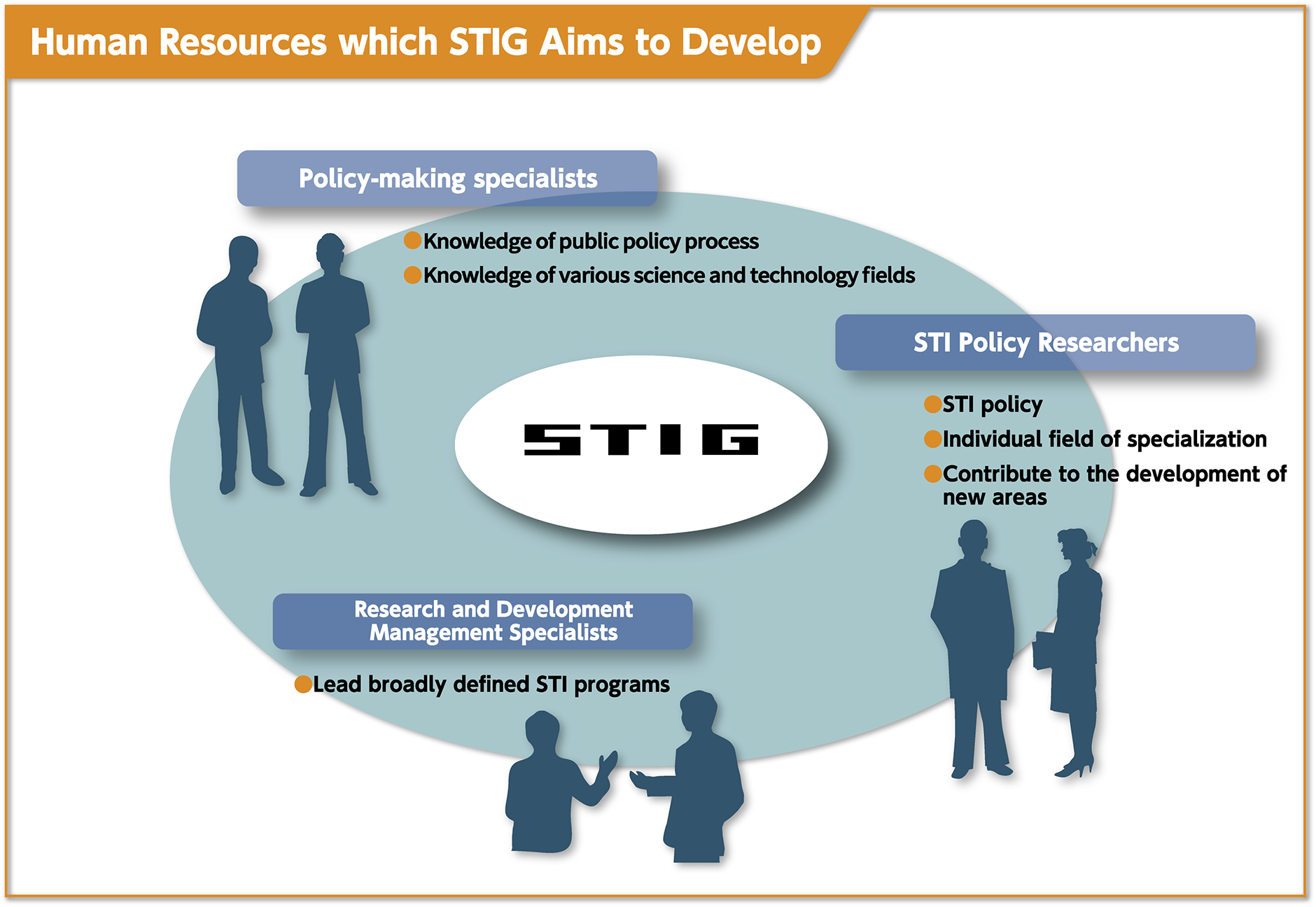
Expected Human Resources Developments
- Development of knowledge and skills in policy-making processes: Knowledge of policy-making processes including management and design of policy processes for broadly defined STI policy, design of processes for involving a wide range of stakeholders, institutional arrangements for such policy processes, and knowledge generation and use in policy processes.
- Development of knowledge and skills of evidence-building and their appropriate use: Building quantitative evidence and evaluative frameworks for the effectiveness of STI efforts, multi-dimensional synthesis of evidence (including qualitative evidence), and design and evaluation of regulatory mechanisms on science and technology.
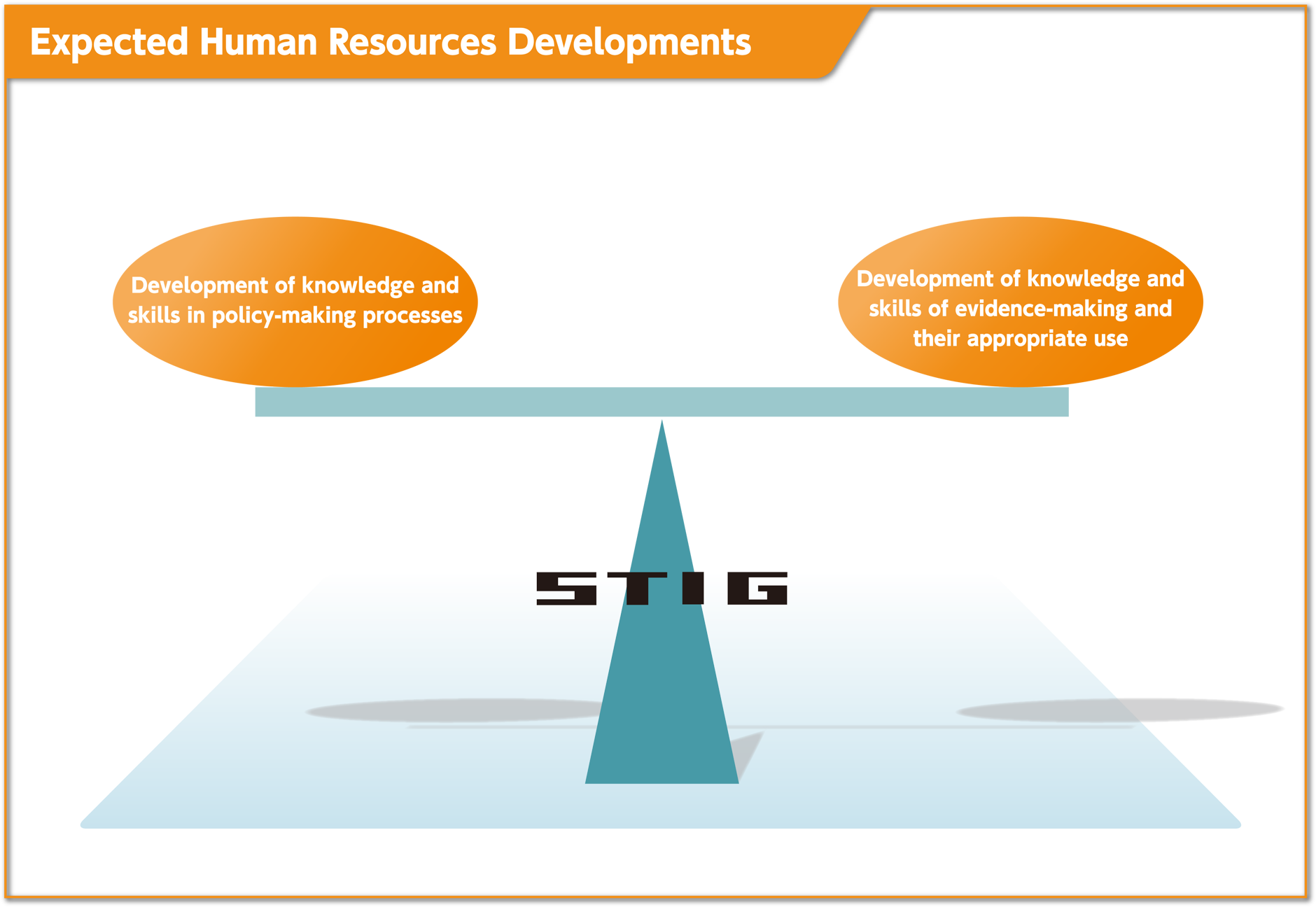
Human Resources Development Structure
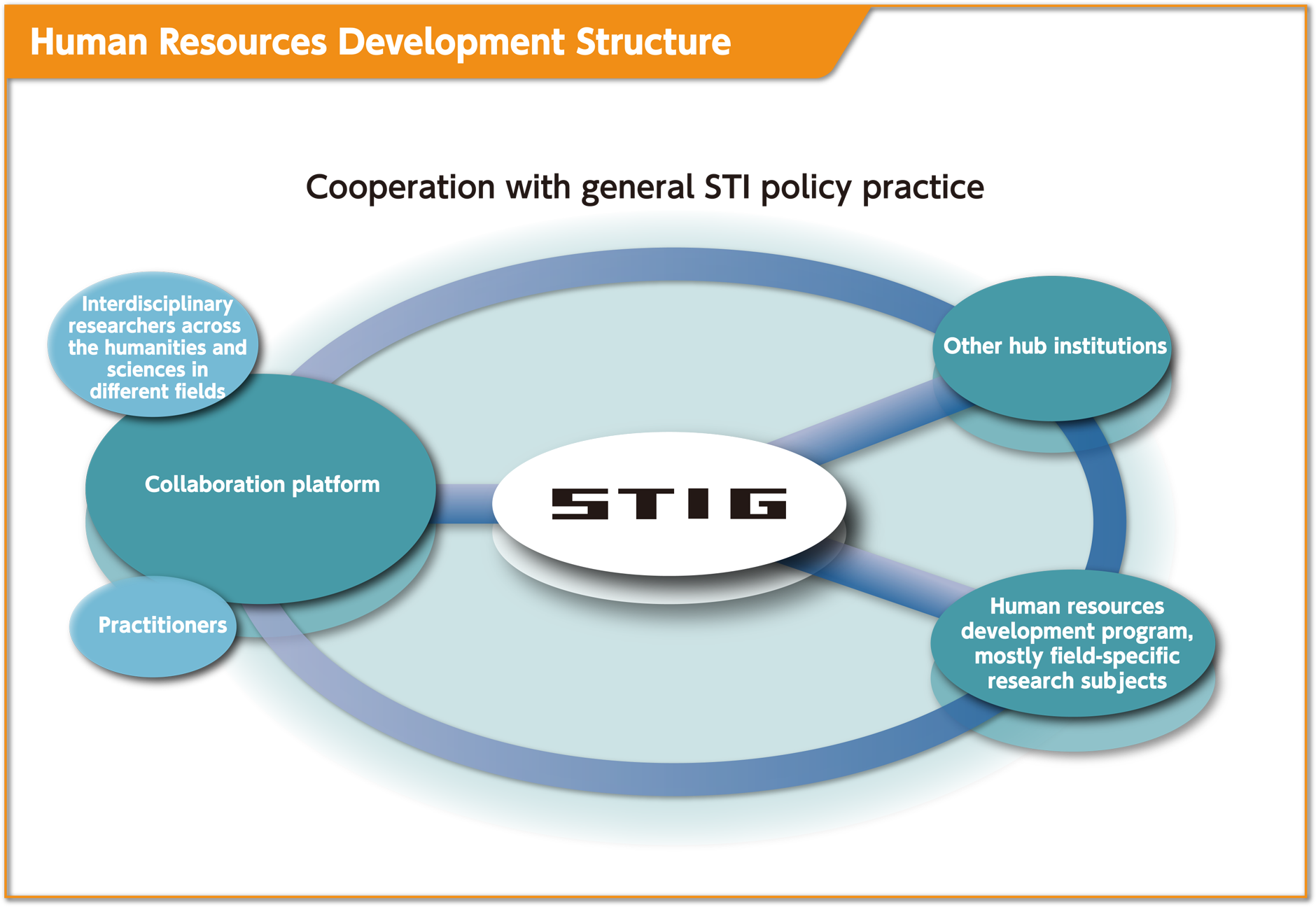
A venue for cooperation with general STI policy practice will be developed together with other hub institutions, etc. Based on research and development activities in the sciences, a platform will also be built for collaboration with practitioners and interdisciplinary researchers spanning the humanities and sciences in different fields.
Then a human resources development program (primarily field-specific research subjects) will be arranged based on cooperation with the collaboration platform and research results, and the provision of this program as a joint initiative with the other hub institutions will be considered.
